Georgetown MUN – Getting Started!
Welcome to our Georgetown MUN – Getting Started page! Below you will find useful links and committees that have regularly appeared in our conference designed to better assist you in your preparation:
Online Research Guide
The GUQ library staff has carefully designed an MUN preparatory guide for you. This is great introduction and provides many resources that can assist you as your start your research and prepare for the conference. Please visit the page by clicking here.
Georgetown MUN Past Standard Committees:
Here, you will find summaries of committees that have regularly appeared in our Doha conferences.
Disclaimer: Please note that not all of these committees are in this year’s conference.

1. The Human Rights Council (UNHRC)
The United Nations Human Rights Council (UNHRC) is an inter-governmental body within the United Nations system and a subsidiary body of the United Nations General Assembly. The Human Rights Council, which replaced the former United Nations Commission on Human Rights, was created by the General Assembly on March 15 2006 by resolution 60/251 and it has as its designated meeting place, the UN Office in Geneva.
Membership to the Council is based on equitable geographical distribution. The seats are allocated as follows:
- African States: 13 seats
- Asian States: 13 seats
- Latin American and Caribbean States: 8 seats
- Western European and other States: 7 seats
- Eastern European States: 6 seats
The Council as a whole has its main purpose grounded in addressing human rights violations around the world and finding solutions to end such violations. In order to guarantee the fulfillment of its goals, the Human Rights Council maintains a close relation with the Office of the High Commissioner for Human Rights and works with the UN’s “special procedures”. The Special Procedures are either an individual (called “Special Rapporteur”or “Independent Expert”) or a working group usually composed of five members (one from each region). The Special Procedures have various mandates that are established and defined by resolutions creating them. It is important to note that the Mandate-Holders of the special procedures do not receive salaries or any other financial compensation for their work and their independent status is crucial for maintaining impartiality throughout fulfilling their functions.
The Council has also adopted an “Institution-building package” in order to facilitate its work and help set up its procedures and mechanisms. Among them were the Universal Period Review mechanism, which serves to assess the human rights situations in all United Nations Member States, the Advisory Committee which serves as the Council’s “think tank” providing it with advice on important human rights issues and the Complain Procedure, which allows individuals and organizations, bring the Council’s attention to certain human rights violations.
2. Special Political and Decolonization Committee (SPECPOL)
The United Nations Fourth Committee of the UN General Assembly (also known as SPECPOL) is one of six committees of the United Nations consisting of all UN members. Its initial jurisdiction was applied to trusteeship and non-self-governing territories. However, after the eventual independence of all the trusteeship and the vast majority of non-self-governing states, the trusteeship system was disassembled.
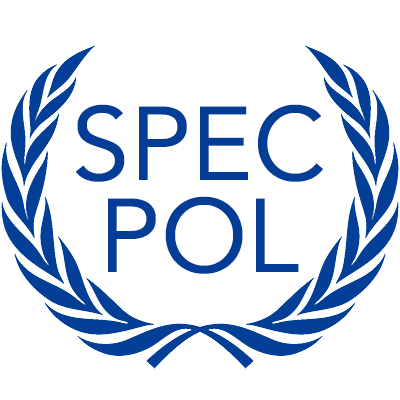
With the limited number of non-self governing states, there was not enough jurisdiction to keep the committee fully occupied. Therefore, it was merged with the Special Political Committee, which was created as a seventh committee in order to deal with specific political issues after the General Assembly concluded that the first Committee (Disarmament and Political) needed further committees to assist. SEPCPOL also deals with issues such as decolonization, refugees and human rights, peacekeeping, mine action, outer space, atomic radiation, and the University for Peace (a United Nations University that was established in Costa Rica in order to institutionalize education that is dedicated to international peace).
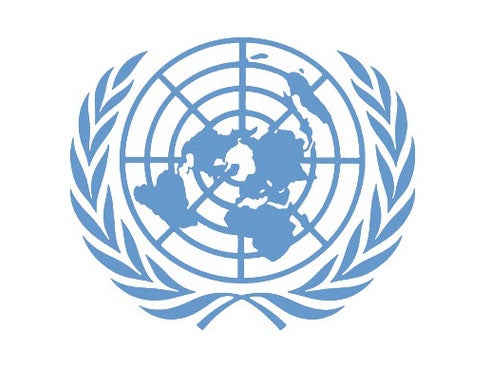
3. The United Nations Security Council (SC)
Under the United Nations Charter, the Security Council has primary responsibility for the maintenance of international peace and security. It has 15 Members, and each Member has one vote. Under the Charter, all Member States are obligated to comply with Council decisions. The Security Council takes the lead in determining the existence of a threat to the peace or act of aggression. It calls upon the parties to a dispute to settle it by peaceful means and recommends methods of adjustment or terms of settlement.
In some cases, the Security Council can resort to imposing sanctions or even authorize the use of force to maintain or restore international peace and security. The Security Council also recommends to the General Assembly the appointment of the Secretary-General and the admission of new Members to the United Nations. In addition, together with the General Assembly, it elects the judges of the International Court of Justice.
Security Council Resolution 1674, adopted on 28 April 2006, “reaffirms the provisions of paragraphs 138 and 139 of the 2005 World Summit Outcome Document regarding the responsibility to protect populations from genocide, war crimes, ethnic cleansing and crimes against humanity”. The resolution commits the Council to take action to protect civilians in an armed conflict. The Security Council’s role in implementing the responsibility to protect is not limited to taking collective action against mass atrocities (pillar three of the responsibility to protect), but it can also make important contributions to structural and operational prevention of genocide, war, crimes, ethnic cleansing, and crimes against humanity (pillar two of the responsibility to protect).
4. The United Nations Economic and Social Council (ECOSOC)
ECOSOC is one of the six principal organs of the United Nations (UN); it is the UN’s largest and most multifaceted subsidiary body. It’s mainly responsible for the direction and coordination of the economic, social, humanitarian, and cultural activities carried out by the UN. ECOSOC has 54 members; its membership is based on geographic representation: 14 seats are allocated to Africa, 11 to Asia, 6 to Eastern Europe, 10 to Latin America and the Caribbean, and 13 to Western Europe and other areas. Members are elected for three year terms by the General Assembly. Four of the five permanent members of the Security Council have been constantly reelected because they provide funding for most of ECOSOC’s budget.
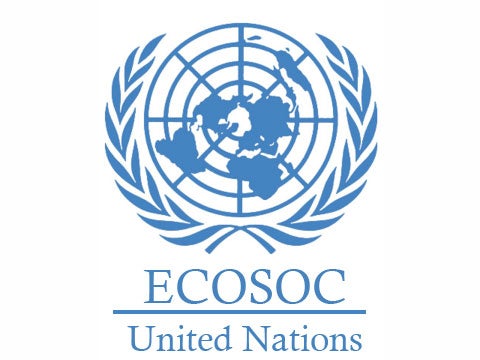
The ECOSOC functions as the central forum for discussing international economic and social issues, and for articulating policy recommendations addressed to member states and the United Nation. It coordinates with key financial entities including the World Bank and the International monetary Fund. ECOSOC has broad responsibility for about 70% of the human and financial resources of the entire UN system, including 14 specialized agencies, 5 regional commissions and 9 “functional” commissions.
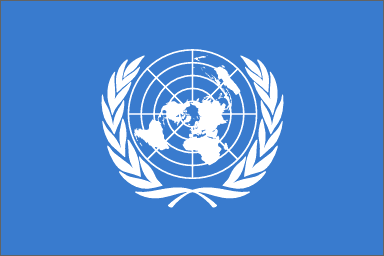
5. The Advisory Panel
This is the smallest component of the United Nations and consists of experts who are well researched on a nation, organization or in limited circumstances an individual who is intrinsically involved with the issue. The UN Secretary General designed the Advisory Panel and the format of the debate is similar to the Security Council although there are minor differences in the rules and procedures.
Unlike the Security Council, all members on the Advisory Panel have equal voting rights on all the clauses submitted, but only the Security Council approves the report as a whole. The UN Advisory Panel also advises and contributes to UN projects by funding specific activities. Moreover, the Advisory Panel can comprise of an entity that is between ten to twenty members.Since participants are recognized as experts, the advisors are expected to know every detail about a certain topic that is decided by the forum President. Advisors are to develop a wellrounded insight into all aspects of the question. The experts write a policy statement describing their country or organization’s stance on the different areas of the topic.The UN Advisory Panel also advises and contributes to UN projects by funding specific activities. Moreover, the Advisory Panel can comprise of an entity that is between ten to twenty members.
6. The Arab League
The Arab League, first founded in 22 March 1945, is a regional organization made up of Arab States from the Middle East and North Africa region. The league started off as an organization of six member states has a total of 22 Arab states.
One of the main goals or objectives of the League are to “draw closer the relations between member states and co-ordinate their political activities with the aim of realizing a close collaboration between them, to safeguard their independence and sovereignty, and to consider in a general way the affairs and interests of the Arab countries.”
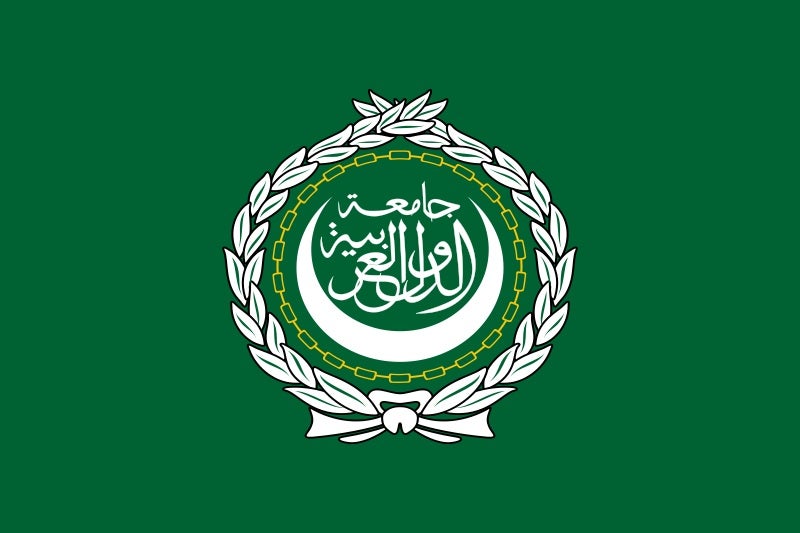
Furthermore, the league deals with are many issues such as the economic and financial issues, which include trade, customs and industry productions. As well as cultural matters and matters connected with nationality, passports, visas etc. Social welfare and health matters are also among the issues discussed by the League.
The league has served as a platform for states to voice their positions, discuss and deliberate matters of concern and come to settlements on Arab disputes, such as Lebanon’s 1958 crisis. The Palestinian conflict has long been a matter of concern for the League. Each country is allowed as many representatives; however, they are only allowed one vote per state as part of the League Council (or Parliament). The Council is responsible for the implementing and supervising the executions of agreements.